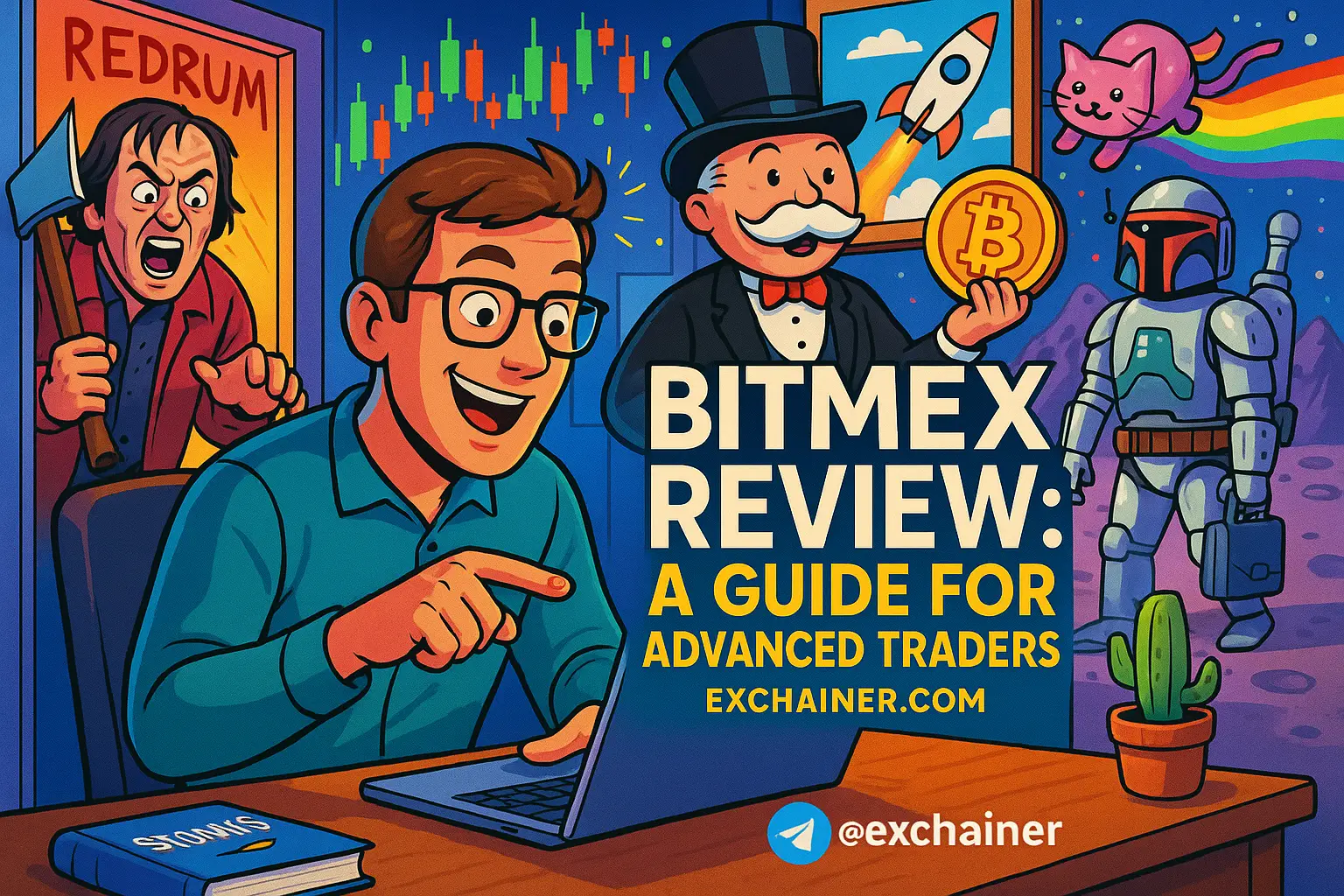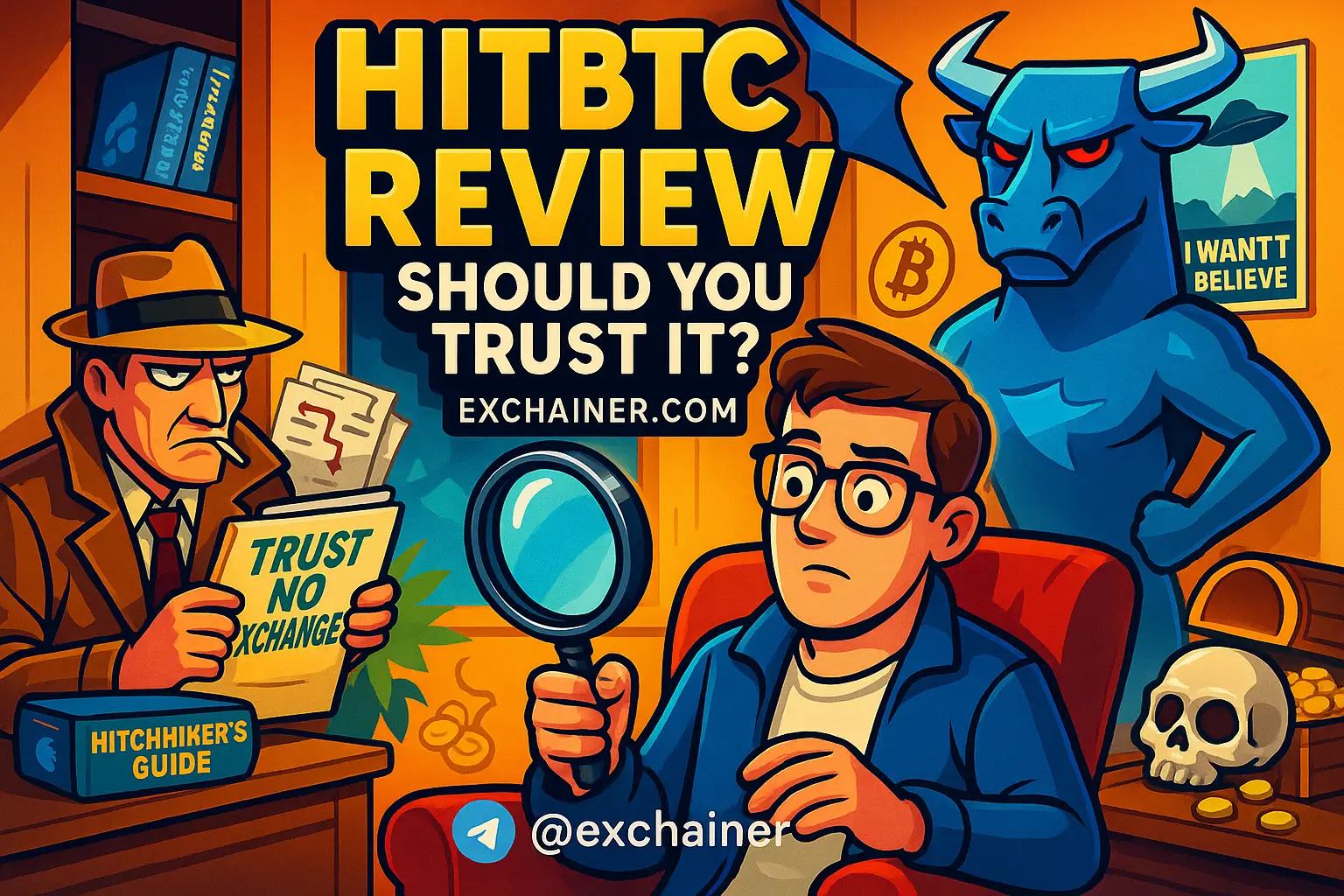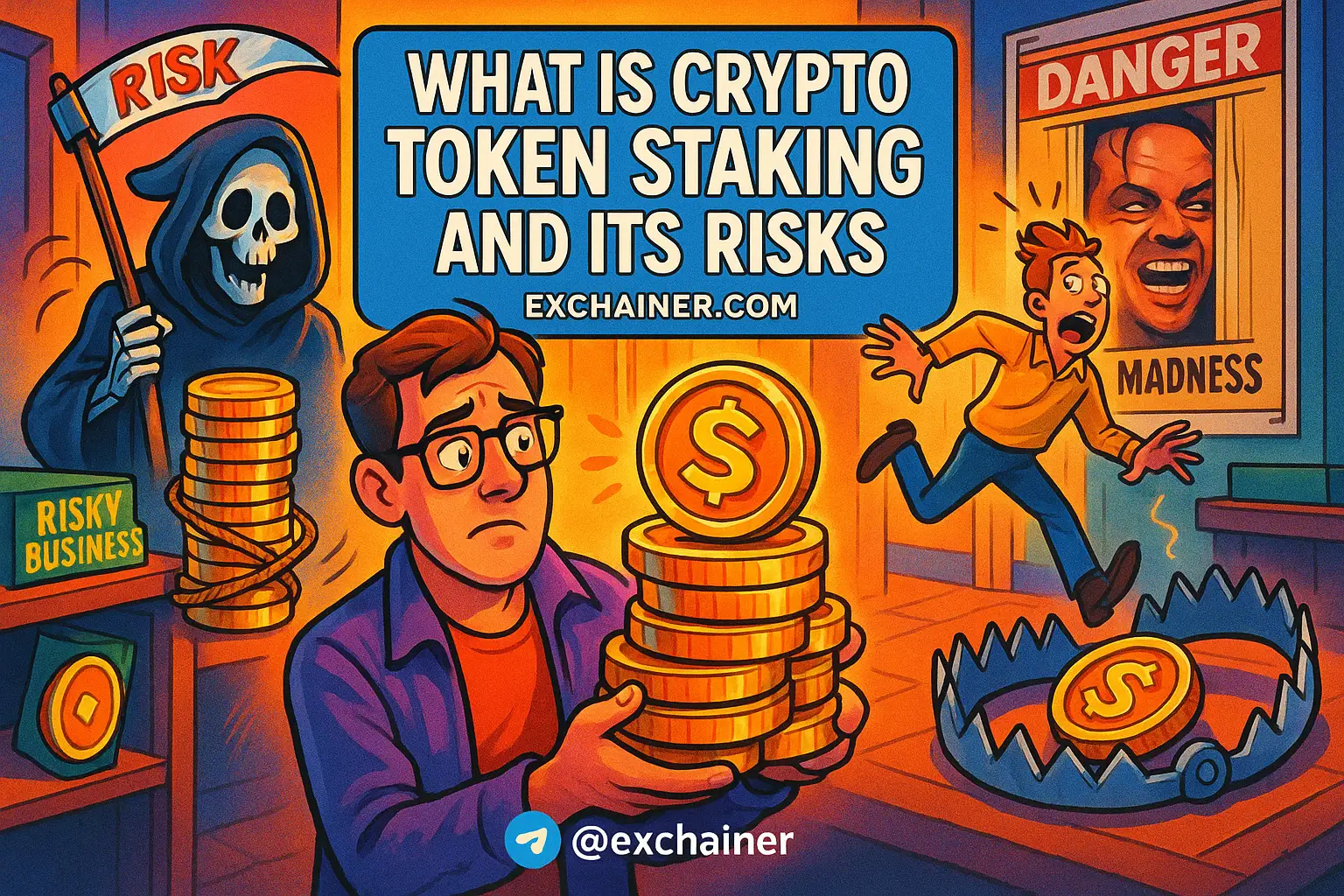In the rapidly evolving world of cryptocurrency, understanding the foundational elements that make it work is vital. One critical component that every aspiring trader or investor needs to grasp is the role of crypto exchanges. These platforms are gateways to the digital currency world, facilitating the buying, selling, and trading of various cryptocurrencies such as Bitcoin, Ethereum, and Litecoin. As you embark on your crypto journey, this article will shed light on how crypto exchanges operate, their key features, and how to choose the right one for your needs. This beginner-friendly guide aims to equip you with the knowledge necessary to navigate these platforms with confidence.
The importance of crypto exchanges cannot be overstated—they are similar to traditional stock exchanges but tailored specifically for the vibrant and often volatile realm of digital currencies. Whether you’re taking your first steps into trading or you’re an experienced investor looking to optimize your strategy, understanding how these exchanges function is crucial. Let’s take a closer look at what makes a crypto exchange tick.
What is a Crypto Exchange?
A crypto exchange is more than just a platform; it's a bustling marketplace that connects buyers and sellers of cryptocurrencies. These online platforms offer users the ability to trade one cryptocurrency for another or convert them into traditional fiat currencies like the U.S. dollar or euro. With the booming popularity of digital currencies, they have become essential for anyone interested in entering the crypto space.
But how do these exchanges actually work? Think of them as intermediaries that ensure trades are executed safely and efficiently. By facilitating these transactions, crypto exchanges make it possible for the general public to engage with digital currencies without needing to manage complex transactions on their own. This accessibility is one of the primary reasons for the rapid growth and adoption of cryptocurrencies worldwide.
How Crypto Exchanges Operate
Understanding how crypto exchanges operate helps demystify the complexities of cryptocurrency trading. The landscape can be divided into two main categories: centralized exchanges (CEXs) and decentralized exchanges (DEXs).
Centralized Exchanges (CEXs)
Centralized exchanges are the most common type of crypto exchange. They operate similarly to traditional stock exchanges, acting as intermediaries between buyers and sellers. Here are some characteristics:
-
Liquidity: CEXs are known for their high trading volumes, which generally translate to higher liquidity. This means trades can be executed quickly and at desirable prices.
-
User-Friendly Interfaces: These platforms often feature intuitive designs that cater to users of all experience levels, making it easy for beginners to get started.
-
Custodial Services: CEXs hold users' funds in their wallets, simplifying the trading process but also introducing certain risks related to security breaches.
However, it’s essential to be aware of their vulnerabilities. Because they manage user funds, centralized exchanges can become prime targets for hackers. Notable incidents, such as the Mt. Gox scandal, serve as cautionary tales for traders when selecting an exchange.
Decentralized Exchanges (DEXs)
On the other side of the spectrum, we have decentralized exchanges. Here’s how they differ:
-
Peer-to-Peer Transactions: DEXs allow users to trade directly with one another, without an intermediary. This peer-to-peer lending reduces the risk of hacking but can also result in lower trading volumes.
-
Enhanced Privacy: Since DEXs do not require users to create accounts or trust an intermediary with their funds, users retain more control over their assets.
-
Complex Interfaces: Often, DEXs can be less user-friendly, making them more suitable for experienced traders who are comfortable navigating a more complex environment.
Ultimately, the choice between a CEX and a DEX will depend on your trading preferences, risk tolerance, and level of experience.
Key Features of Crypto Exchanges
Let’s delve into some essential features that crypto exchanges generally offer, as these can significantly impact your trading experience.
Trading Pairs
Crypto exchanges support various trading pairs, which allows users to exchange cryptocurrencies. For example, you can trade Bitcoin for Ethereum (ETH/BTC) or convert cryptocurrencies into fiat currencies like USD (BTC/USD). Understanding trading pairs is fundamental for executing successful trades.
Order Types
Exchanges typically offer two primary types of orders:
-
Market Orders: This type of order executes trades immediately at the current market price, making it straightforward and fast.
-
Limit Orders: This allows users to specify a price at which they are willing to buy or sell a cryptocurrency. Limit orders offer more control but may not execute immediately.
The order book, which lists all pending limit orders, plays a crucial role in determining market prices.
Security Measures
When it comes to security, reputable exchanges implement strong measures to protect users’ funds. Look for features like:
-
Two-Factor Authentication (2FA): This additional layer of security requires users to verify their identity through another method, such as a mobile device, before executing transactions.
-
Cold Storage: Many exchanges keep a portion of user funds in offline storage to protect them from hacking attempts.
Fees and Charges
Most exchanges charge transaction fees, which can vary widely. Understanding the fee structure of your chosen exchange is crucial for minimizing costs. Here are a few types of fees you may encounter:
- Trading Fees: Charged for each transaction you execute.
- Withdrawal Fees: Fees incurred when you withdraw your funds from the exchange.
- Deposit Fees: Some exchanges charge fees when depositing funds, especially if you are using certain payment methods.
Being aware of these fees can help you manage your expenses more effectively.
Choosing the Right Crypto Exchange
With numerous exchanges populating the crypto landscape, choosing the right one may seem overwhelming. To guide you through this process, here are some key considerations:
-
Security: Always prioritize security features. Look for strong encryption protocols and user verification processes.
-
Fees: Take the time to compare transaction and withdrawal fees across various platforms. This could save you significant amounts over time.
-
User Interface: A user-friendly interface can make a big difference for beginners. Check out demos or tutorials to familiarize yourself with the layout.
-
Customer Support: Reliable customer support is essential should you encounter issues or need assistance.
-
Regulatory Compliance: Ensure that the exchange complies with local laws and regulations. This can mitigate potential legal complications.
By keeping these factors in mind, you can make a more informed decision about which exchange is right for you.
Risks and Challenges
While crypto exchanges offer unparalleled convenience, they come with their own set of risks:
-
Security Breaches: The history of high-profile hacks highlights the vulnerabilities in centralized exchanges. As mentioned, the Mt. Gox scandal is a stark reminder of the potential dangers.
-
Market Volatility: By their very nature, cryptocurrencies are highly volatile. Prices can swing dramatically in short periods, leading to substantial financial losses without proper risk management.
-
Scams and Frauds: The crypto market is ripe with scams, including phishing attacks and Ponzi schemes. Always do your research before investing.
Educating yourself about these risks is vital for navigating the crypto landscape safely.
Conclusion
In conclusion, understanding crypto exchanges is essential for anyone wanting to dive into the world of digital currencies. By gaining insight into how these exchanges operate, recognizing their unique features, and learning how to navigate their complexities, you can enjoy a more rewarding trading experience. Remember to prioritize security, compare platforms carefully, and stay informed about the market to make the most of your investments.
So, whether you’re a seasoned trader or just stepping into this exciting realm, a reliable crypto exchange can be your first step toward becoming a successful investor in digital currencies.
If you’d like to expand your understanding further, explore more guides on Exchainer.com. Start your crypto journey today and uncover the vast potential that awaits you! Don’t forget to check out our other categories for exchange reviews, news, and essential tools that will elevate your trading strategies.
For additional resources, explore these links:












